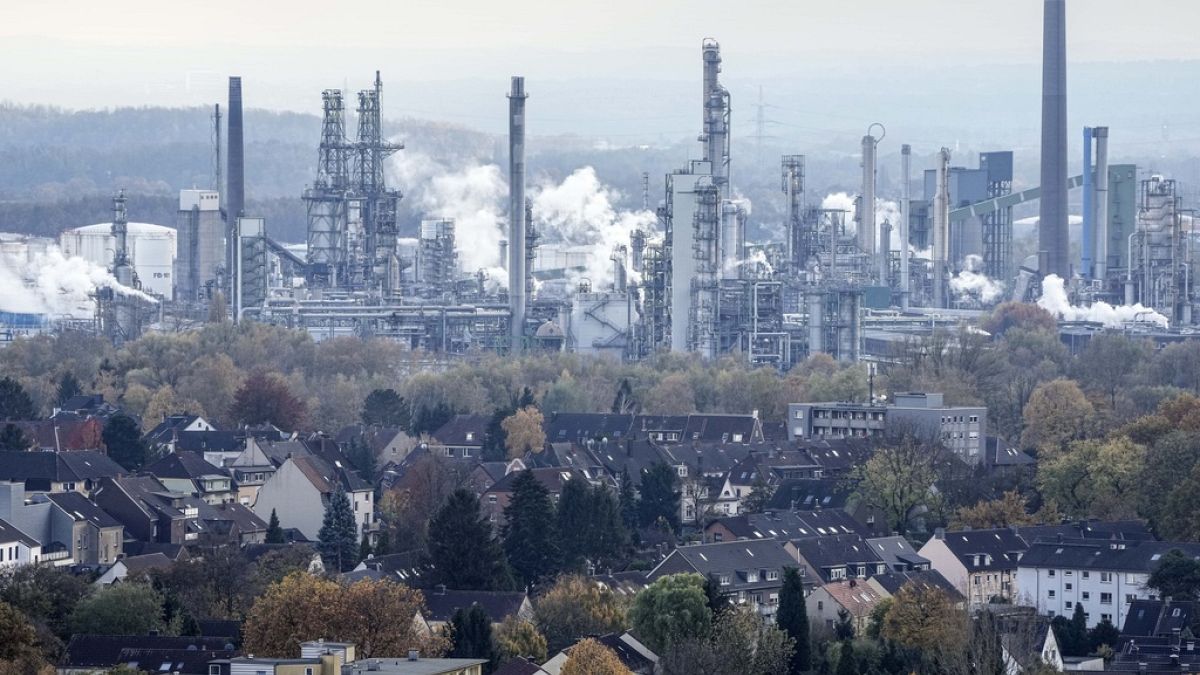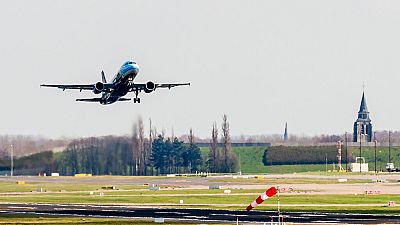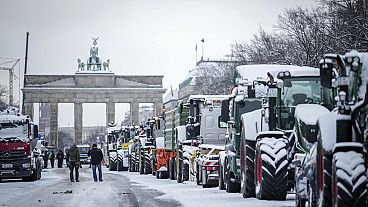A lack of production capacity and access to sufficient sustainable feedstock means policy makers should not depend too much on biofuels to slash greenhouse gas emissions from transport, EU auditors have warned.
Europe has nowhere near enough production capacity or sustainable feedstock supplies to meet EU targets for low-carbon fuels that depend heavily on biofuels to cut greenhouse gas emissions in the transport sector, EU auditors have warned.
A raft of recent legislation is set to drive the use of low-carbon alternatives to petroleum, of which biofuels are expected to make up the lion’s share in the near term. In air travel alone, planes should be filling their tanks with at least 6% ‘sustainable aviation fuels’ (SAF) by the end of the decade, rising progressively to 70% by mid-century.
But the European Court of Auditors (ECA) warns in a report published on Wednesday (13 December) that current biofuel production capacity could not meet even a tenth of the equivalent of 2.76 million tonnes of oil this 2030 target implies, while production of synthetic liquid fuels produced using renewable electricity, dubbed e-fuels, has yet to be scaled up and remains prohibitively expensive.
“There is no clear roadmap [for] how to boost production,” said lead author Nikolaos Milionis when briefing reporters ahead of publication. “Another issue is the availability of biomass to produce large quantities of biofuels for this sector,” he said.
But the ECA report goes further, by questioning the green credentials of even Europe’s existing biofuel production, most of which is still made using food crops – a feedstock now capped at 2020 levels and excluded from new targets for cutting emissions in air and sea transport, but which forms the bulk of biofuels currently used for road and rail.
Current methods for assessing the climate benefit of such fuels do not sufficiently account for indirect land use change (ILUC), where, for example forests may be razed to make way for crops such as soy or palm oil thus raising net CO2 emissions, or the carbon footprint of shipping and distributing feedstocks or biofuels produced outside Europe, the report notes.
The Luxembourg-based budget watchdog, which calculated the EU had poured €430 million into research and the promotion of biofuels in the six years to 2020, called on the European Commission to produce next year a long-term strategy addressing the availability and sustainability of biomass.
The European Commission said in a written response to the ECA that it would assess the state of play in biofuel development as it prepares the proposal for a 2040 emissions reduction target that it has to table within six months of the first global stocktake under the Paris Agreement, which was completed at the COP28 summit in Dubai today.
The EU’s executive also said it would finalise its review of an annex to the Renewable Energy Directive that stipulates which feedstocks are considered suitable for producing advanced biofuel not based of food crops. A recent internal draft seen by Euronews, suggests the Commission is considering adding damaged crops, plants grown on “severely degraded” agricultural land, and so-called intermediate crops, as well as cyanobacteria that convert sunlight into energy by photosynthesis.
Barbara Smailagic, a fuels policy expert at the NGO umbrella group Transport & Environment agreed with the ECA’s assessment that EU policy to promote the uptake of biofuels is out of kilter with current and potential future supply of sustainable feedstocks.
“When you compare the demand now created with the sustainable feedstocks that we have, it does not add up,” she said. Smailagic added, moreover, that it is unlikely the imbalance can be corrected with a new biofuels strategy or further lengthening the list of feedstocks for advanced biofuels.
“There are not enough biofuels, and it is not the right solution to decarbonise transport,” she said. “They could to a certain extent be used in aviation, but e-fuels are the only long-term solution.”



